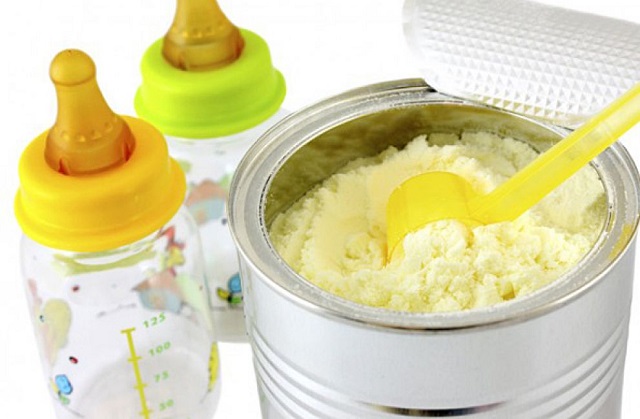
Kampala, Uganda | THE INDEPENDENT | Companies that produce formula are feeding off the ignorance of mothers on breastmilk production to sell their products. This is according to paediatricians and nutritionists who point out that many advertisements about formula make mothers believe that such substitutes are equal to breastmilk.
A report published by the World Health Organisation-WHO and the United Nations International Children’s Emergency Fund-UNICEF has highlighted that the aggressive marketing of breast-milk substitutes especially through health professionals that parents trust for nutrition and health advice is a major barrier to improving newborn and child health worldwide.
The study shows that despite efforts to stop the harmful promotion of breastmilk substitutes, countries are still falling short in protecting parents from misleading information. It adds that while many countries in the world have some form of legal policy or measure related to the International Code of Marketing Breastmilk substitutes, several countries still allow the sale of breast milk substitutes.
Dr Deogratius Munube, a paediatrician and the head of Pediatric Association of Uganda says that many women are blinded into using formula.
While 44 countries have strengthened their regulations on marketing over the past two years, only 79 countries prohibit the promotion of breastmilk substitutes in health facilities and only 51 have provisions banning the distribution of free or low-cost supplies within the health care system.
In addition, only 19 countries have banned the sponsorship of professional association meetings by manufacturers of breast-milk substitutes which include infant formula, follow-up formula and growing up milks’ marketed for use by infants and children up to 36-months old.
Dr Munube says that many hospitals in Uganda still sell formula in gift shops which according to the breastmilk code should not be happening. “Many of our hospitals here still sell formula in the baby gift shops. It’s openly put on display and it is up to the mother’s economic means on whether she can buy the formula or not when she fails to produce breast milk,” he said.
Dr Francesco Branca, the Director of WHO’s Department of Nutrition and Food Safety says health care systems must act to boost parent’s confidence in breastfeeding without industry influence so that children don’t miss out on its lifesaving benefits.
Doctors advocate for exclusive breastfeeding of children from age 0-2 years. According to WHO, babies who are exclusively breastfed are 14 times less likely to die than babies who are not breastfed. However, today, only 41 percent of infants 0–6 months old are exclusively breastfed according to UNICEF.
But some mothers say that the use of the formula is at times a necessary intervention. Katherine Magoba, a mother of one says that she was forced to use formula even after her sisters encouraged her to breastfeed her baby because she could not produce breastmilk.
“I tried. I would put my son on my breast but he would not suckle. I was getting frustrated. My sister was pushing me to breastfeed but no milk was coming. So I decided to resort to formula and I have used it since he was a week old. He is now a year old,” Magoba said.
Dr Munube advises mothers to continuously stimulate the production of breastmilk by placing a child on the breast. He says mothers facing problems breastfeeding need to be part of peer groups that can help.
Samali Namukose, the head of child nutrition at the Ministry of Health says that stringent policies are needed in the country to advocate for good breastfeeding practices.
“The main policy that has been passed here is the provision of breastfeeding corners in places of work so that parents can breastfeed children until age two. But this is not happening because many offices do not provide such facilities,” she said.
Namukose says that government needs to look at coming up with more stringent policies to advocate for breastfeeding.
******
URN
 The Independent Uganda: You get the Truth we Pay the Price
The Independent Uganda: You get the Truth we Pay the Price



